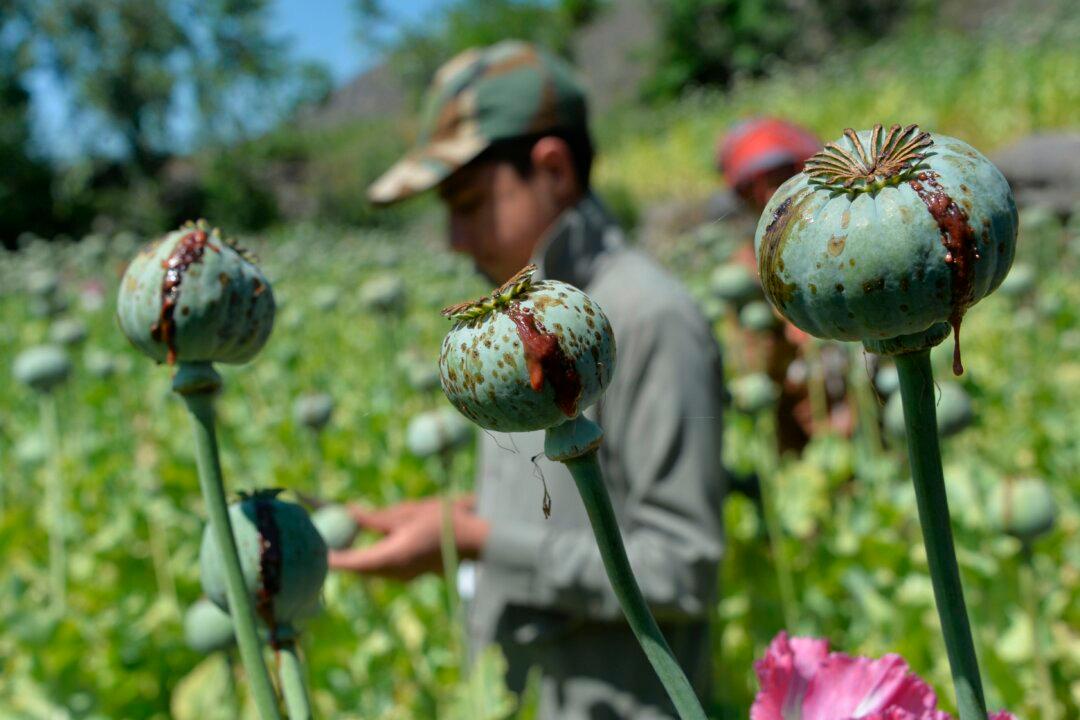As the world watches events in Afghanistan unfold, many have started to wonder what the Taliban rule means for the future of the country’s opium production.
Afghanistan is the world’s largest producer of the opium poppy, which is the raw material for heroin, one of the world’s deadliest drugs. The country accounted for nearly 83 percent of global opium production between 2015 and 2020, according to estimates of the U.N. Office on Drugs and Crime (UNODC). And it’s a key supplier for heroin markets across Europe and Asia.





